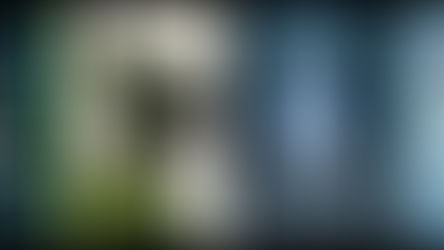An invisible time traveller
- Patricia Leslie
- Oct 3, 2018
- 2 min read

I really wish I was a time traveller. There are so many things I want to know.
Who were the Picts? What did their carvings mean?
What about the Tuatha de Danann? And the Firbolgs and Formorians. Were they the precursors to the Milesians; the Celts? Tribes that superseded each other, their individual cultural practices and beliefs melding together into one big melting pot that in turn overflowed into neighbouring islands? Like the Annunaki, did they become the deities of myth to time-distant descendants and incomers?
And is this a pattern that can be seen throughout history and across continents? Who will replace us? Has the “replacing” already started?
It can be difficult to encapsulate everything, all the cultures around the world, those gone and those still living. There’s just so many!
I imagine that to be a time traveller would be to act as an anthropologist, an observer. To be more, to interact, would change the immediate culture. The observer’s very presence though would change the people around them, don’t you think? The observed might tailor their behaviour to fulfil what they thought might be the expectations of the observer. I would therefore also have to be invisible.

An invisible time travelling observer could visit the southwestern region of America and watch the unfolding of an epic story; the rolling change of cultures from the people we know as the Mogollan to the Apache and Puebloan cultures. An invisible observer might see how they affected the lands on which they lived and how the land affected them. They could hover the southern continents and observe similar patterns in Australia. I’d start with the people that lived around Mungo in the Willandra Lakes region.
An invisible observer would watch as western culture from the European nations spread, as Eastern cultures contracted and expanded. The possibilities are endless… but still not enough. Non-participation on such a scale would result in skewed recording nearly as much as participatory – how can you report on whole cultures if you’re not involved in the storytelling, learning the nuances of communications and relationships?
Knowing all this, I wonder why we are so set in our belief of history as it’s been recorded; one-sided stories observed through a sheer curtain made up of the life experience and knowledge of the people doing the observing? Yet we do. Our experience, our learnings, shape the way we see others, hear their stories, and understand their lives.
The complexity of it all is enough to give a person a headache.
I still wish I could travel through time.






















Comments